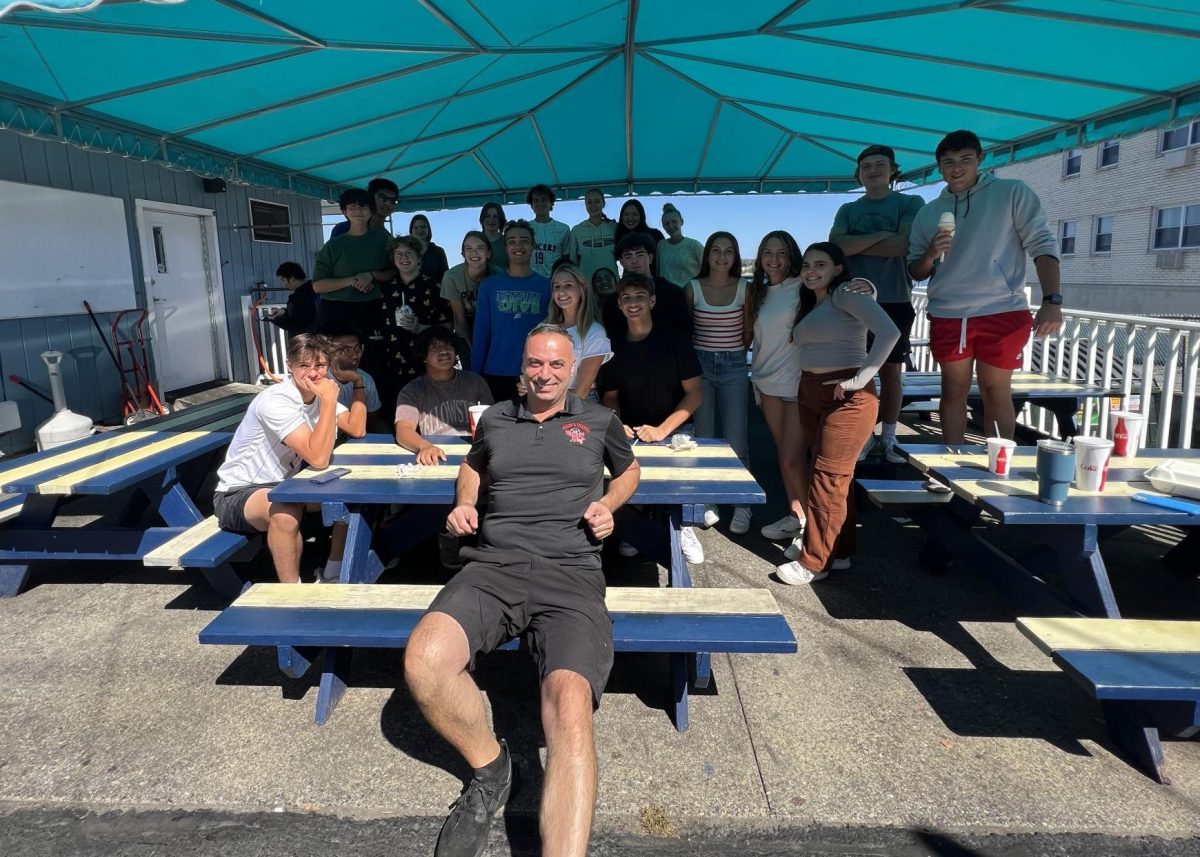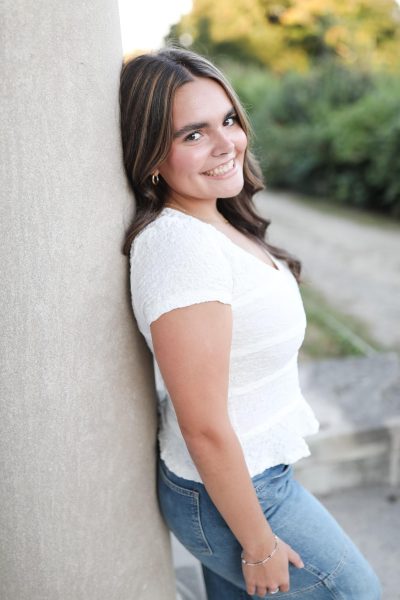Waterford High School is home to 709 students, and of those 709, 135 students are currently enrolled in Advanced Placement Courses. However, taking into consideration grade requirements for AP courses, 25% of students grades 10-12 are currently enrolled in AP coursework. Additionally, 37% of the graduating Class of 2023 took an AP class at some point in their high school career.
The Advanced Placement program is offered through The College Board as an opportunity for high school students to earn college credits prior to attending a university. AP classes are also prepare teenagers for post-secondary education in terms of workload, subject material, and teaching styles. In May of the end of each school year, students who have taken these classes over the course of the year will take an AP exam, where scoring a 3 or higher will earn you credit at most college institutions.
At Waterford High School, there are a number of course options for AP students, with 14 AP courses overall. Similarly, there are 19 courses at East Lyme High School, APs, 13 at Robert E. Fitch High School, and 17 at Lyme-Old Lyme High School.

Despite a somewhat comparable number of APs to local schools, there is a notable disparity in the types and subjects covered by courses. For instance, social studies is well-represented with courses such as AP US Government, AP US History, AP European History, and AP Psychology. Science students can choose between AP Environmental Science, AP Physics 1 and 2, and AP Chemistry, while the English and math departments have both of their respective courses currently affiliated with The College Board. However, WHS takes advantage of none of the AP art or design classes, or the AP Music Theory class.
Waterford High School is one of the few local high schools to not have AP Music Theory available. Lily Curtiss, Fitch High School senior, plans to attend college for musical theatre and will be receiving college credit for the AP Music Theory class she took last year. Curtiss says, “I am very musically inclined, so AP Music Theory was a class that I was excited about while also getting that college-level experience and credit.” Not all music-loving students are as fortunate as Curtiss.
If Wateford had an AP Music Theory class, Tim Fioravanti, teacher of the four of the six WHS music ensembles as well as the regular music theory class, would most likely be the man for the job. However, Mr. Fioravanti attributes AP Music Theory’s absence from WHS course selection to the lack of student interest in the idea: “We also do not have enough faculty to cover teaching the class,” Fioravanti says, “Even if some people are interested, it would be almost impossible to schedule it. Most colleges make music majors take a Theory placement test and my current class helps students pass that placement exam.” With only eight periods to fill, just over 60 classroom teachers and every AP lasting, at minimum, a full year, it may be unrealistic to want WHS to include more APs than it currently does.
On the other hand, Kelly White, the head of the counseling department, believes “we have the resources to implement AP classes in other areas at WHS.” The need for a greater variety of high-level courses is apparent. Jason Adler, WHS school counselor, says that the school could thrive in this area with just a few changes. Although he says the number of AP classes we offer is “pretty standard for comparable schools, I think we need to do our best to expand the amount of classes that offer credit at WHS and for colleges.” This is a reasonable idea, as several classes at WHS provide free college credit, without being labeled as Advanced Placement. Early College Experience (ECE) and College and Career Pathways (CCP) classes give you a headstart on earning a UCONN or Three Rivers Community College transcript respectively.
Adler adds, “There are many colleges that would probably approve classes at WHS for credit at their institutions with, at most, a few tweaks.” Additionally, Adler prefers ECE courses to APs. Instead of taking a summative nationwide AP exam, students would opt to take the UCONN course final exam.
The selection of AP classes has changed slightly over the years, with AP Biology transforming its curriculum to fit ECE standards instead, as well as AP Government, Computer Science, and Statistics being added in the past few years. The future of which courses will remain AP and whether new APs will be implemented remains up for discussion. Regardless of how AP courses change in the coming years, WHS students will continue to be offered college-level options in their yearly course selection.



